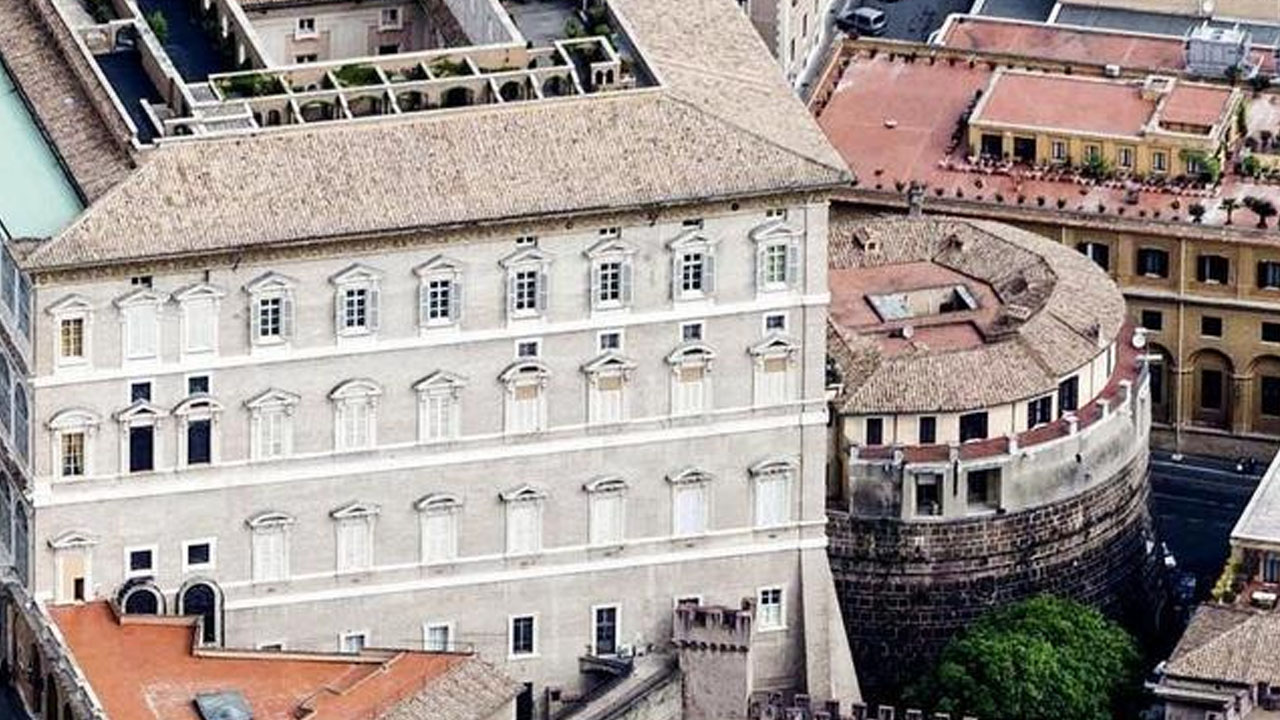
An exterior view of the tower of the Institute for Works of Religion (IOR) in Vatican City in 2011. REUTERS/Stringer
The Institute of Religious Works (IOR), better known as the Vatican’s bank, said Friday its profits remained relatively stable last year despite “very challenging” coronavirus-related circumstances.
The IOR posted a 2020 net profit of 36.4 million euros ($44.2 million) down from 38 million euros in 2019, the bank said in a statement.
It added that three-quarters of the sum, around 27 million euros, will be turned over to Pope Francis — who has a personal charity fund — or other targeted Holy See entities.
The IOR, which called 2020 “a very challenging year for the world economy,” routinely subsidises other Vatican bodies. Last year’s contribution was over twice the size of 2019’s subsidy of 12 million euros, an indication of the Vatican’s need for cash during the coronavirus crisis.
The bank said the remaining 25 percent of its 2020 profits will be used to increase equity, which at the end of last year stood at 645.9 million euros.
The bank also said it had boosted investments in technology, including to strengthen its cybersecurity defences.
The Vatican includes a large governing machine, known as the Roman Curia, bankrolled by donations, rental income from the Church’s real estate holdings, and ticket sales from the Vatican Museums.
But with the coronavirus pandemic, many funding streams dried up.
A high-ranking Vatican official told AFP in February that donations in 2020 fell by 25 percent, while proceeds from the museums — which were closed for long periods during the year — collapsed by 85 percent, or about 100 million euros.
The Curia’s deficit increased to 90 million euros, from 11 million euros in 2019, the source said.
Founded nearly 80 years ago, the IOR has been embroiled in a long series of political and financial scandals in past years, including accusations of money laundering and associations with mafia groups.
Former pope Benedict XVI sought, however, to begin cleaning up the organisation as part of Vatican financial transparency reforms, which have been continued by Francis.